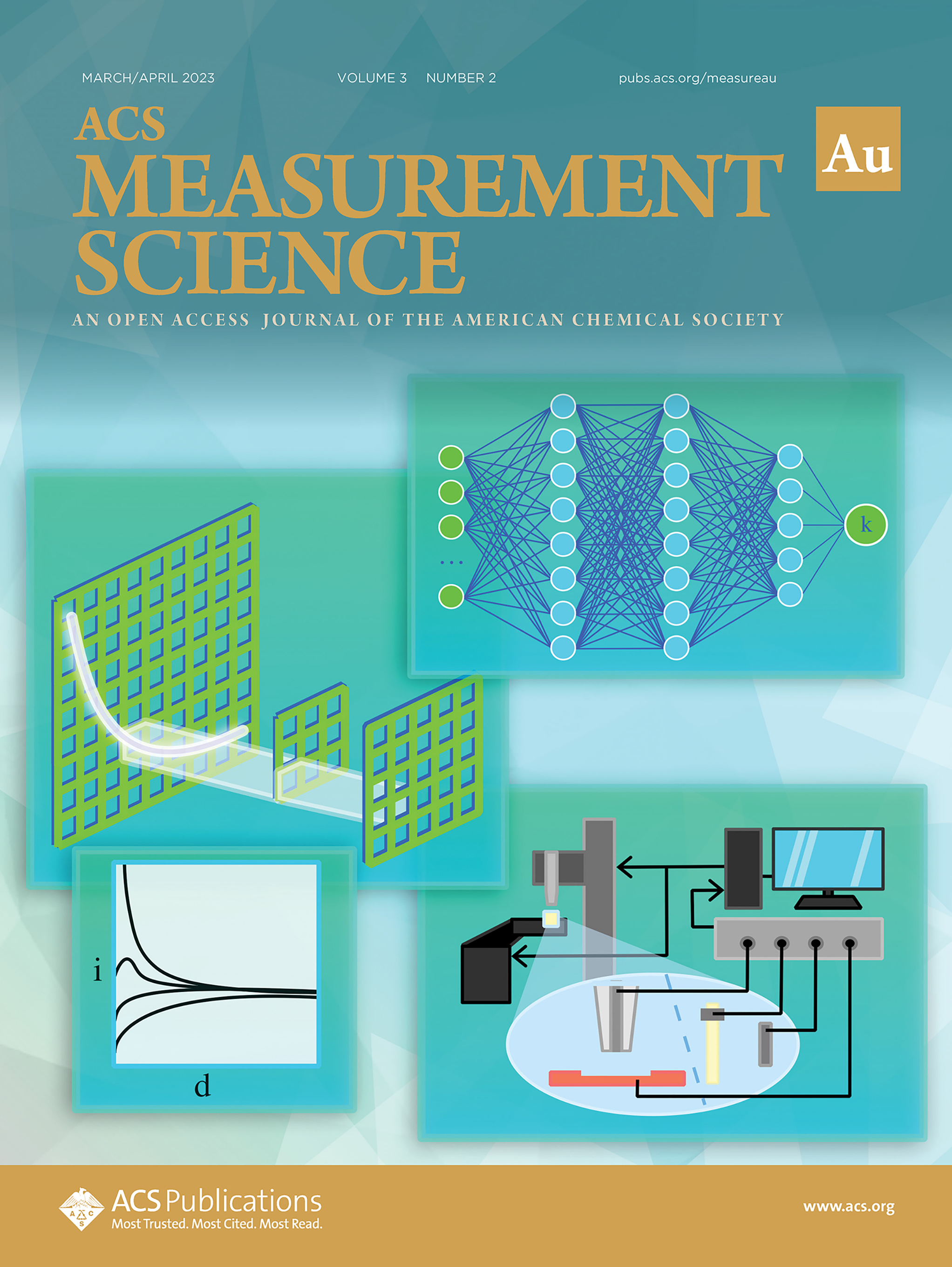ACS Measurement Science August 2023

"Deconvoluting Kinetic Rate Constants of Catalytic Substrates from Scanning Electrochemical Approach Curves with Artificial Neural Networks "
Featuring Kyle Vincent Camarda, Kevin C. Leonard, graduate student Dinuka Rajapakse and Dylan T. Jantz, and their collaborators Josh Meckstroth and Zijun Yao
Abstract
Extracting information from experimental measurements in the chemical sciences typically requires curve fitting, deconvolution, and/or solving the governing partial differential equations via numerical (e.g., finite element analysis) or analytical methods. However, using numerical or analytical methods for high-throughput data analysis typically requires significant postprocessing efforts. Here, we show that deep learning artificial neural networks can be a very effective tool for extracting information from experimental data. As an example, reactivity and topography information from scanning electrochemical microscopy (SECM) approach curves are highly convoluted. This study utilized multilayer perceptrons and convolutional neural networks trained on simulated SECM data to extract kinetic rate constants of catalytic substrates. Our key findings were that multilayer perceptron models performed very well when the experimental data were close to the ideal conditions with which the model was trained. However, convolutional neural networks, which analyze images as opposed to direct data, were able to accurately predict the kinetic rate constant of Fe-doped nickel (oxy)hydroxide catalyst at different applied potentials even though the experimental approach curves were not ideal. Due to the speed at which machine learning models can analyze data, we believe this study shows that artificial neural networks could become powerful tools in high-throughput data analysis.
Citation
ACS Measurement Science Au 2023, 3, 2, 103–112